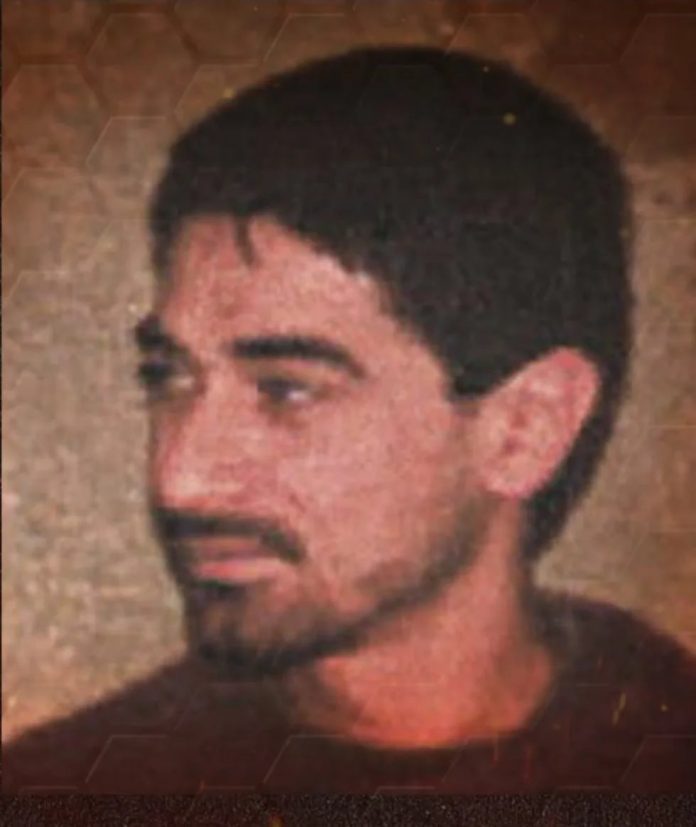In a dramatic escalation of the ongoing Israel-Hezbollah conflict, an Israeli airstrike on Friday targeted Hezbollah’s stronghold in southern Beirut, killing Ibrahim Aqil, the head of the group’s elite Radwan unit. A source close to Hezbollah confirmed the death of Aqil, while Israel stated it had carried out a “targeted strike” in the Lebanese capital.
The Lebanese health ministry reported that the strike killed three people and injured 17 others. This attack marks the third Israeli airstrike on the southern suburbs of Beirut since the outbreak of the Israel-Hamas war on October 7.
The strike reflects a significant shift in the focus of the conflict, with violence increasingly extending from Gaza to Lebanon. In recent months, Israeli airstrikes have claimed the lives of several high-ranking Hezbollah and Hamas leaders, including Fuad Shukr, a top Hezbollah commander, in July, and Saleh al-Aruri, a Hamas leader, in January.
Earlier on Friday, Hezbollah retaliated by launching dozens of rockets from Lebanon following Israeli airstrikes that destroyed several of the group’s rocket launchers. In response, Israel bombarded Hezbollah positions, with the Israeli military claiming to have hit approximately 100 launchers. Hezbollah reported the death of two of its fighters in these attacks.
Hezbollah Vows Retribution
The intensifying violence comes on the heels of Hezbollah leader Hassan Nasrallah’s Thursday vow to retaliate for “sabotage attacks” on the group’s communications devices, allegedly orchestrated by Israel. These explosions killed 37 people and wounded thousands, adding to the growing tensions in the region. The UN Security Council is set to discuss these attacks, with many expressing concern about their impact on civilians.
Nasrallah described the explosions as a “massacre” and warned Israel would face severe consequences. “Just punishment will come, where Israel expects it and where it does not,” Nasrallah said.
In southern Lebanon, the intensity of Israeli airstrikes has instilled fear among residents. Marjayoun, a town near the border, was subjected to one of the most severe bombardments since the cross-border exchanges began last year.
Hezbollah fired approximately 140 rockets toward Israel in response to the overnight bombardment. Israel’s military responded with continued airstrikes, targeting Hezbollah’s military infrastructure.
Wider Regional War Looms
As tensions soar along the Israeli-Lebanese border, there are growing fears of a wider regional war. Thousands of civilians on both sides of the border have already fled their homes, while international mediators continue efforts to prevent a full-blown conflict between Israel and Hezbollah.
Speaking to Israeli troops, Defense Minister Yoav Gallant emphasized that Hezbollah “will pay an increasing price” as the country shifts its war efforts from Gaza to its northern border with Lebanon. Gallant warned that this was “the start of a new phase in the war.”
The United Nations and international officials have raised concerns about the legality of the sabotage of Hezbollah’s communication devices. UN Human Rights Chief Volker Turk condemned the explosions as “shocking” and criticized their effect on civilians. U.S. Secretary of State Antony Blinken urged restraint, emphasizing the need to avoid further escalatory actions amid ongoing attempts to broker a ceasefire in Gaza.

